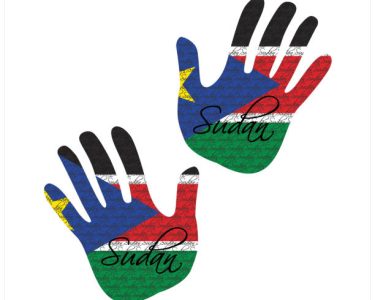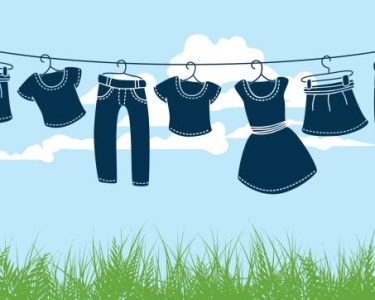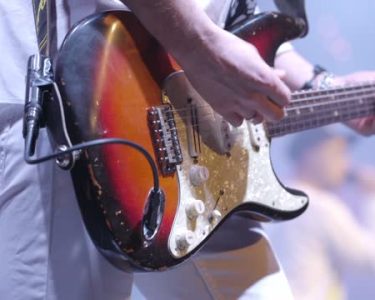
Kenya celebrates its heritage through a myriad of traditional festivals and customs. These vibrant celebrations showcase the country’s rich history, deep-rooted traditions, and cultural diversity.
Traditional Festivals and Customs
Madaraka Day
Madaraka Day, celebrated on June 1st, commemorates Kenya’s attainment of self-governance in 1963. This national holiday is marked by colorful parades, cultural performances, and patriotic displays across the country. Madaraka Day festivities serve as a poignant reminder of Kenya’s journey to independence and the resilience of its people.

Mashujaa Day
Observed on October 20th, Mashujaa Day honors Kenya’s heroes and heroines who contributed to the nation’s struggle for independence and development. Communities gather to pay tribute to national icons through storytelling, music, and dance. Mashujaa Day celebrations embody the spirit of unity, courage, and national pride that defines Kenya’s collective identity.tory.
Lamu Cultural Festival
The Lamu Cultural Festival, held annually in Lamu Island, celebrates Swahili culture and heritage. This vibrant event showcases traditional dances, dhow races, Swahili cuisine, and handicrafts, offering visitors a glimpse into Lamu’s unique cultural identity and maritime history.
 Maralal Camel Derby
Maralal Camel Derby
The Maralal Camel Derby, held in Samburu County, is a renowned sporting and cultural event that celebrates Kenya’s nomadic heritage. Participants compete in camel races, showcasing the resilience and agility of these desert dwellers. The festival also features traditional dances, camel beauty contests, and cultural exhibitions.
Rusinga Festival
The Rusinga Festival, held on Rusinga Island in Lake Victoria, celebrates the cultural heritage of the Luo community. The festival features traditional music, dance performances, storytelling sessions, and culinary experiences, offering visitors an immersive journey into Luo traditions and customs.
In conclusion, Kenya’s traditional festivals and customs serve as vibrant expressions of the country’s rich cultural heritage. Through music, dance, storytelling, and culinary delights, Kenyan communities come together to celebrate their shared heritage, foster unity, and pass down traditions from one generation to the next. As Kenya continues to evolve, its traditional festivals remain a testament to the resilience, creativity, and spirit of its people, serving as windows into the country’s past, present, and future.






